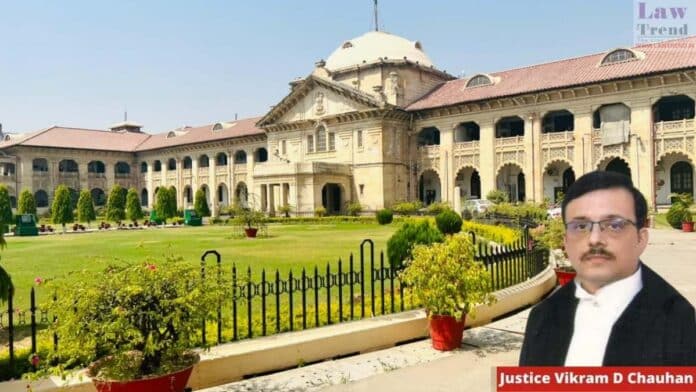The Allahabad High Court recently dismissed multiple anticipatory bail applications in a high-profile case involving allegations of a premeditated assault in Hapur, Uttar Pradesh. Justice Vikram D. Chauhan presided over the case, which saw a midnight incident escalate from a children’s altercation to a violent encounter involving firearms, causing injuries to eleven individuals. Representing the




